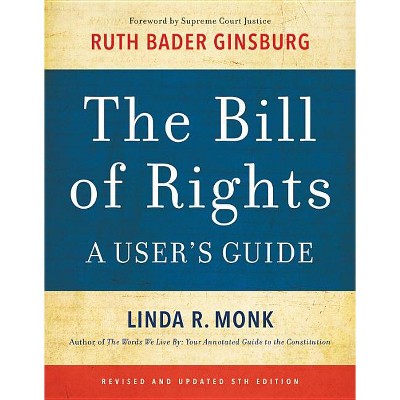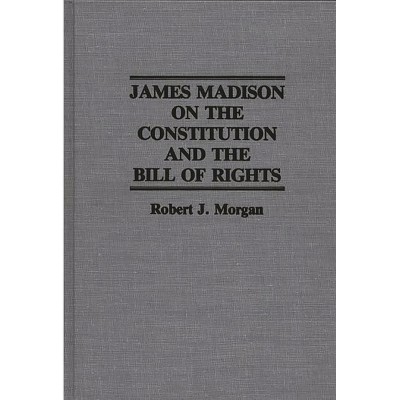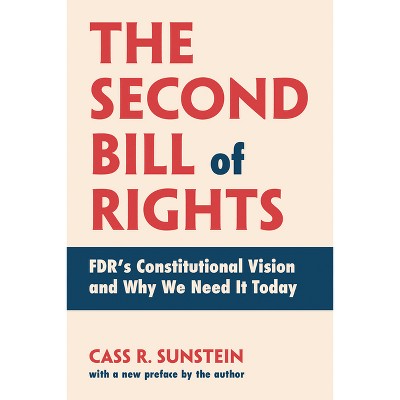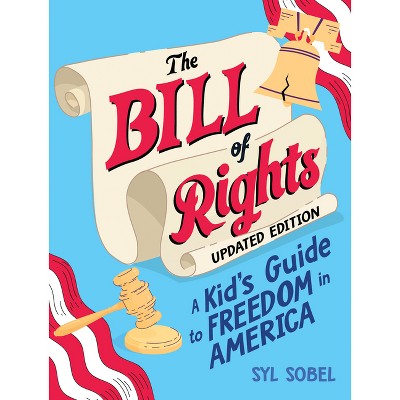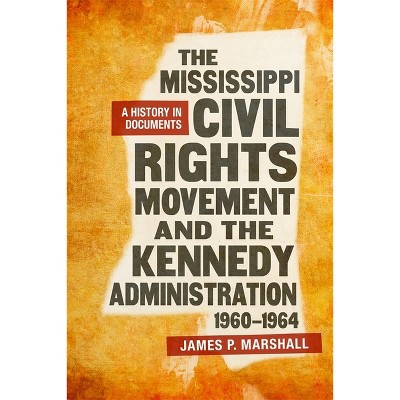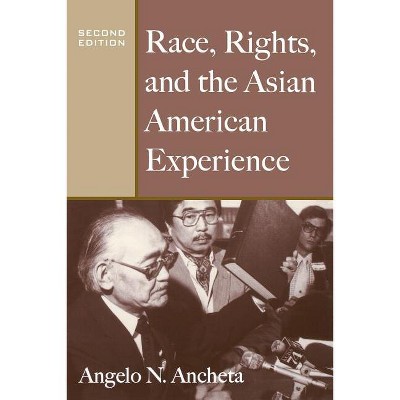Sponsored

The Academic Bill of Rights Debate - Annotated by Stephen Aby (Hardcover)
In Stock
Sponsored
About this item
Highlights
- The Academic Bill of Rights was introduced in 2003 after two decades of conservative critiques of higher education and its faculty.
- About the Author: Stephen H. Aby is Professor of and Education Bibliographer at the University of Akron.
- 248 Pages
- Education, Educational Policy & Reform
Description
About the Book
The Academic Bill of Rights was introduced in 2003 after two decades of conservative critiques of higher education and its faculty. Its goal was to generate legislative initiatives to rein in the tenured radicals who were allegedly dominating higher education and infringing on the academic freedom rights of conservative students. At its root, the debate revolves around some core questions: who should teach, and who has the knowledge and training to hire and evaluate faculty; what knowledge should be taught; and most fundamentally, who should make these decisions? Should it be trained faculty, who are specialists in their fields and who were hired to teach and advance knowledge? Or should it be politicians or outsiders, who may be empowered by legislation to interfere in academic decisions? The academic freedom of faculty, and the independence of higher education, depends on the answers to these questions.
This book is the first to bring together a variety of critiques of the Academic Bill of Rights. Furthermore, by including some works by David Horowitz and his critics, as well as websites and a bibliography reflecting various points of view, it gives life to the debate, showing some of the give and take of the arguments. This collection also presents the background on the historical context of academic freedom, showing its fragility and therefore the importance of preserving it. Also featured are some core documents (such as the AAUP's 1940 Statement of Principles on Academic Freedom and Tenure) that are central to the debates. Some of the conservative critiques of higher education are identified in the selective annotated bibliography chapter. And, case studies of how the ABOR was contested in three states where it was introduced as legislation are also included. Finally, this book attempts to refocus concerns about higher education on the real issue: its growing domination by corporate values and interests, converting higher education from a public good into an increasingly private commodity.
Book Synopsis
The Academic Bill of Rights was introduced in 2003 after two decades of conservative critiques of higher education and its faculty. Its goal was to generate legislative initiatives to rein in the tenured radicals who were allegedly dominating higher education and infringing on the academic freedom rights of conservative students. At its root, the debate revolves around some core questions: who should teach, and who has the knowledge and training to hire and evaluate faculty; what knowledge should be taught; and most fundamentally, who should make these decisions? Should it be trained faculty, who are specialists in their fields and who were hired to teach and advance knowledge? Or should it be politicians or outsiders, who may be empowered by legislation to interfere in academic decisions? The academic freedom of faculty, and the independence of higher education, depends on the answers to these questions.
This book is the first to bring together a variety of critiques of the Academic Bill of Rights. Furthermore, by including some works by David Horowitz and his critics, as well as websites and a bibliography reflecting various points of view, it gives life to the debate, showing some of the give and take of the arguments. This collection also presents the background on the historical context of academic freedom, showing its fragility and therefore the importance of preserving it. Also featured are some core documents (such as the AAUP's 1940 Statement of Principles on Academic Freedom and Tenure) that are central to the debates. Some of the conservative critiques of higher education are identified in the selective annotated bibliography chapter. And, case studies of how the ABOR was contested in three states where it was introduced as legislation are also included. Finally, this book attempts to refocus concerns about higher education on the real issue: its growing domination by corporate values and interests, converting higher education from a public good into an increasingly private commodity.Review Quotes
"In 2003, right wing activist David Horowitz introduced his Academic Bill of Rights (ABOR), a treatise on higher education that seeks to correct what Horowitz perceives as a Leftist domination of and favoritism within academy. Aby (education, U. of Akron, Ohio) compiles 17 critiques of the doctrine, at their center seven installments of the debate between Horowitz and outspoken opponent Graham Larkin of Stanford U. Other essays describe the background to the conservative fight against higher education practices, argue that the ABOR's realization would threaten academic principles such as reasoned inquiry, and takes issue with the notion that party affiliation is either a determining factor in faculty hiring or that it influences great distinctions in curriculum." --Reference & Research Book News
"[T]hese essays tell both sides of the story . . . As conservatives attempt to curb liberal radicals in academia, the ABOR is an ongoing debate seemingly between the right and left. However, this collection manages to remain reasonably neutral and is able to point out the similar stances between those for and against ABOR." --Reference & User Services QuarterlyAbout the Author
Stephen H. Aby is Professor of and Education Bibliographer at the University of Akron. He has a PhD in Social Foundations of Education from the State University of New York, Buffalo, an MA in Sociology from the University of Houston, and an MLS from Kent State University. His previous books include Sociology: A Guide to Reference and Information Sources with James Nalen and Lori Fielding (Libraries Unlimited, 2005) and Academic Freedom: A Guide to the Literature with James C. Kuhn (Greenwood Press, 2000). University of Akron.Shipping details
Return details
Trending Non-Fiction






